We hear a lot about pastoral care in education. In a broad sense, most parents can articulate what pastoral care is and recognise why it matters. But what you may not know is that the success of a school’s pastoral care program is linked to students’ academic outcomes.
What is Pastoral Care?
Pastoral care is defined as the commitment to, and active demonstration of concern for, the growth and wellbeing of each student, as well as the broader school community. It focuses on cultivating an environment and culture that supports the physical, social, intellectual, emotional and spiritual development of every student.
Is Pastoral Care Important in Schools?
There is recognition that pastoral care and academic progress are linked. The physical, emotional, cognitive and social elements of a person’s life cannot realistically be treated in isolation. What happens in one domain will effect what happens in one or more of the others.
Leadership speaker and author, Sheila Bethel, in her book Making a Difference, has suggested that students “don’t care how much you know, until they know how much you care”. Effective academic learning within a school context cannot be separated from the exercise of effective pastoral care. Therefore a commitment to excellence in academic performance must be accompanied by a commitment to excellence in physical health, social competence and emotional resilience.
Pastoral Care at Schools in Practice
At The Scots College, our pastoral care includes proactive elements – such as developing skills that build resilience, promoting a school culture that emphasises respect, teamwork and participation – and reactive elements like providing comfort in response to hurt, or encouragement in the face of disappointment.
The Scots College Pastoral Care Program include the following pillars:
- Creating a sense of belonging through team building activities, such as working together on service projects.
- Facilitating Peer Support Programs.
- Developing skills and knowledge in order to prevent or address specific problems, such as bullying.
- Tracking individual student progress.
- Enabling early intervention in identifying and dealing with specific needs.
- Celebrating boys’ achievements and contributions.
- Providing guidance regarding study patterns, peer relations, post-school pathways and opportunities.
- Providing counselling and comfort for boys dealing with anxiety, loss or disappointment.
- The provision of good role models both at school and at home.
Pastoral care is most effective when there is a strong partnership between home and school. Clear two-way communication, reminders and reinforcement (at home and at school) of strategies to support progress, and early intervention in identifying and addressing problems are vital to the effective exercise of pastoral care.
Download a copy of our Prospectus to discover more about an educational experience with one of Australia’s most respected boys’ schools.






